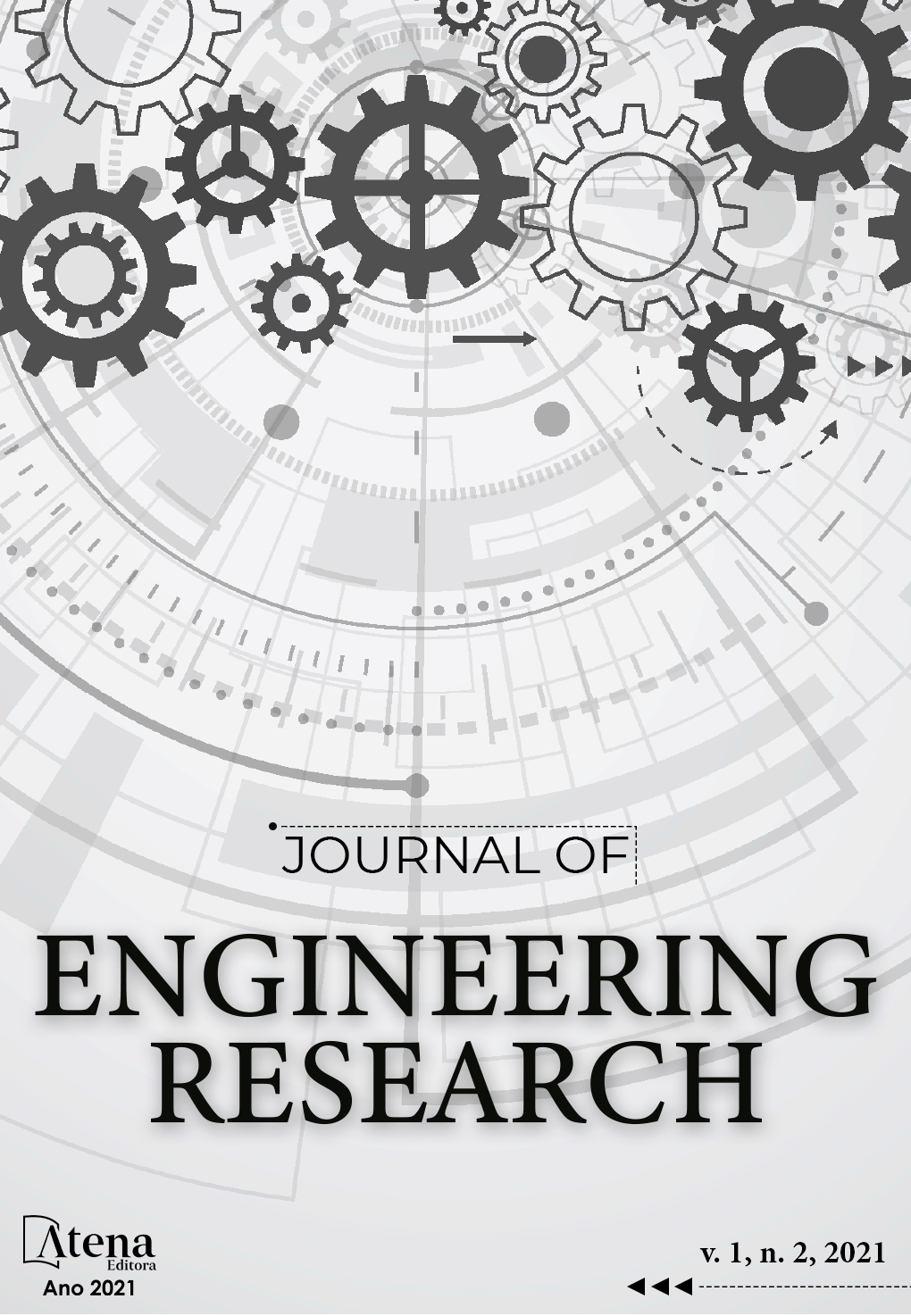
PERSPECTIVES IN BRAZILIAN SHIPBUILDING: AN INVESTIGATIVE STUDY OF FUTURE DEMANDS
The naval industry is based on highly complex, engineering-intensive, high-cost structures based on custom-made projects and its main challenge is to gain competitiveness. In general, as it is considered an industry with a complex production process due to the size and number of stages, it is characterized by low volumes and production focused on orders, that is, demands are produced by projects. These characteristics make demand forecasting difficult, but they are not an impediment to the development of a demand forecasting study. The objective of this article was to present a forecast of demand for Brazilian shipbuilding based on economic levers, the main drivers of waterway movement in Brazil. In this article, the quantitative model of time series analysis was chosen, more specifically the regression analysis and trend projection, justified by the secondary and historical data base, which allowed the realization of inferences and analyses. The qualitative model was also used, based on the opinion of several executives in the area, serving to ratify the quantitative model. The results point to the existence of future demand reaching 264 container ships in a scenario of strong economic growth. Although the results are satisfactory, the topic must be continuously discussed with all those involved, as economic variables can generate significant distortions. The results also indicate the need for a joint effort of actions to feed these demands and activate the Brazilian industrial park.
PERSPECTIVES IN BRAZILIAN SHIPBUILDING: AN INVESTIGATIVE STUDY OF FUTURE DEMANDS
-
DOI: 10.22533/at.ed.3172109128
-
Palavras-chave: Naval Demand; Cabotage; Brazilian shipbuilding.
-
Keywords: Naval Demand; Cabotage; Brazilian shipbuilding.
-
Abstract:
The naval industry is based on highly complex, engineering-intensive, high-cost structures based on custom-made projects and its main challenge is to gain competitiveness. In general, as it is considered an industry with a complex production process due to the size and number of stages, it is characterized by low volumes and production focused on orders, that is, demands are produced by projects. These characteristics make demand forecasting difficult, but they are not an impediment to the development of a demand forecasting study. The objective of this article was to present a forecast of demand for Brazilian shipbuilding based on economic levers, the main drivers of waterway movement in Brazil. In this article, the quantitative model of time series analysis was chosen, more specifically the regression analysis and trend projection, justified by the secondary and historical data base, which allowed the realization of inferences and analyses. The qualitative model was also used, based on the opinion of several executives in the area, serving to ratify the quantitative model. The results point to the existence of future demand reaching 264 container ships in a scenario of strong economic growth. Although the results are satisfactory, the topic must be continuously discussed with all those involved, as economic variables can generate significant distortions. The results also indicate the need for a joint effort of actions to feed these demands and activate the Brazilian industrial park.
-
Número de páginas: 15
- Maria de Lara Moutta Calado de Oliveira
- Marcos André Primo
- Leonardo André Pereira Lopes
- Sergio Iaccarino


